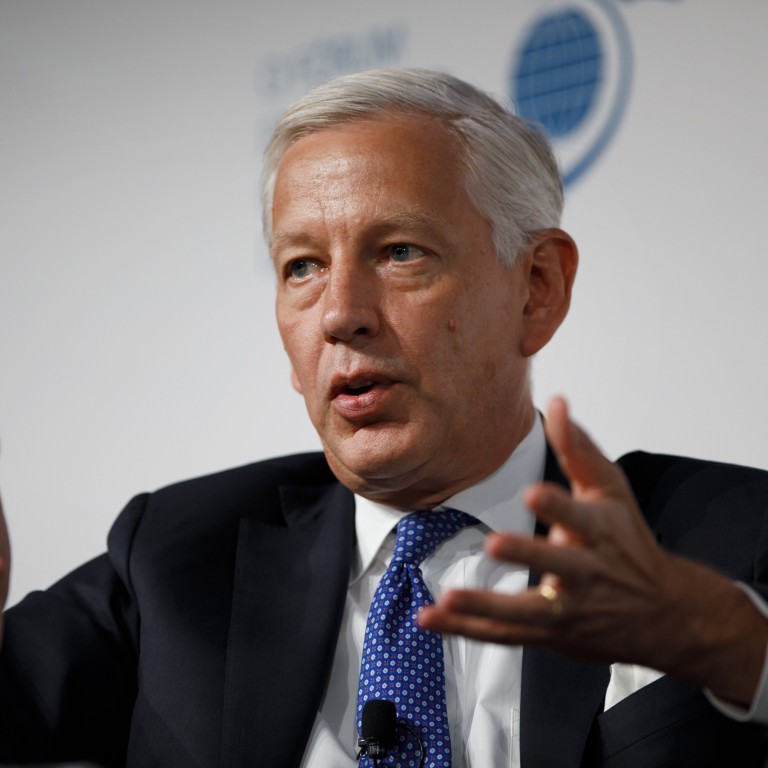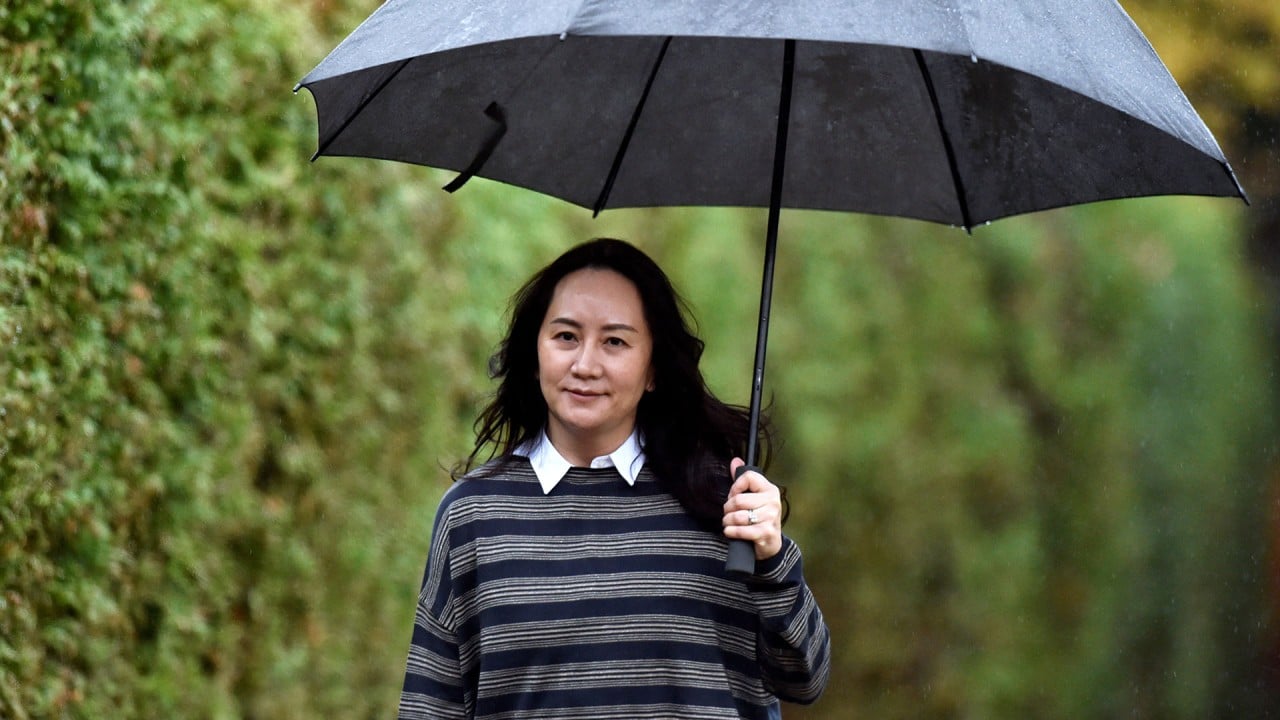
Canada’s outgoing ambassador to China deserves credit for two Michaels’ release and repairing bilateral ties
- Despite tireless efforts to free two Canadians in Chinese custody, Canada’s former ambassador to China Dominic Barton has been labelled a failure at home
- Unfounded attacks will make replacing him more difficult at a time when China-Canada ties remain fragile
Such commentary is not only wildly inaccurate, but disrespectful to a public servant who worked tirelessly to resolve an intractable diplomatic crisis and repair one of Canada’s most important bilateral relationships.
I’ve lived and worked in Beijing since 2003. Through my engagement with Canada’s Trade Commissioner Service, the Canada-China Business Council, and Beijing’s tight-knit Canadian community, I’ve got to know each of Canada’s ambassadors to China over the past two decades.
My view is that Barton has been the most successful ambassador during that time – and that Canadians should be grateful for his service.
The crisis was enormously complicated, with Canada wedged between the United States and China – the world’s incumbent power and rising power respectfully – while confronting immediate threats to various national interests. As the years dragged on, it seemed that costly political, security or economic trade-offs would be needed for Canada to end the crisis.
A full resolution to the crisis on terms acceptable to Canada required parallel moves from the United States, China and Huawei. History will show that Barton played a crucial role, shuttling back and forth across the Pacific amid the pandemic to convince these stakeholders of the steps that they eventually took to end the crisis.
Many commentators have pilloried Barton for his private-sector career – he was the global head of the consulting firm McKinsey from 2009 to 2018, and was based in Shanghai as the firm’s Asia chairman from 2004 to 2009.
However, it was his unmatched network of business and government connections in China, his stature as a global business leader, and his close relationship with Prime Minister Justin Trudeau that gave Barton credibility as he pushed the Chinese and Americans to resolve the crisis.
While Barton’s critics have painted him as too friendly to China, he was resolute in communicating red lines that the Canadian government would not cross in trying to end the crisis.
However, Barton also has a clear grasp of the profound importance that a rising China has for Canada.
End of Meng saga brings hope of a China-Canada fresh start
By helping resolve the crisis of Meng and the two Michaels, Barton has removed the main impediment to a more constructive Canada-China relationship.
Unfounded attacks on this legacy – and on Barton’s character – will only deter other qualified Canadians of his stature from contributing to public life.
Jacob Cooke is the co-founder and CEO of WPIC Marketing + Technologies, an e-commerce and technology consultancy. From Vancouver, Jacob has lived in Beijing since 2003


